FinTech industry is a product of crisis
The FinTech industry came into existence in the years following the financial crash of 2008, which unleashed both a reputational crisis for traditional banks and an era of relentless digitalisation of financial services. These conditions lowered barriers to entry for new providers, particularly benefiting a new breed of digital-only providers.
As consumer comfort with servicing financial needs digitally grew strongly and steadily, it became apparent that having physical outlets/branches was no longer a prerequisite for building a mass market financial services provider. Suddenly, many entrepreneurs saw their opportunity to launch financial services providers, and historically low interest rates that made funding much more accessible turned that opportunity into reality.
When the pandemic engulfed the world in 2020 and access to traditional banking channels was restricted to protect the public, the uptake of digital channels and digital-only providers soared. Since then, the number of consumers globally who do all their banking on mobile devices has increased significantly (rising from 30% in 2020 to 38% in 2022) and this shift to mobile propelled the growth of the FinTech industry. Ever since the start of the pandemic, countless FinTech providers in all corners of the world have been succeeding in growing their customer bases and attracting significant investment.

Now, as people around the world face up to economic uncertainty and rising inflation, digital-only providers stand to benefit once again as consumers focus on more effective budgeting, become more price-sensitive and shop around for financial solutions.
Digital-only providers offering financial management tools will provide a platform for consumers to monitor and manage their personal budgets as well as a wider array of more personalised financial solutions and credit options, which are seen as more attractive and financially competitive than products offered by more traditional providers. As result, the openness among consumers to use digital-only providers across their different financial needs, which has already increased strongly in 2022 as the inflation around the world accelerated, will likely advance further through 2023.

It is therefore likely that FinTechs will continue to grow their customer base through 2023, particularly in emerging markets where there are large unbanked populations. Their growth will be fuelled by their perceived strengths and reputation. FinTechs are not only seen as more price competitive than traditional banks, but consumers also highly value their convenience and the additional benefits they provide. Many among their current users also believe that FinTech propositions are unique and what they offer cannot be accessed through more traditional providers.

Tighter monetary policies and economic uncertainty will challenge the current FinTech business model
The global FinTech industry had undoubtedly benefited from low-rate environment and bullish investor sentiment.
However, things from the start of 2022 have started taking a turn for the worse. Soaring inflation and rising interest rates globally have led to falling valuations and layoffs across the entire technology industry. Many investors who were previously prepared to wait for their investments in the industry to pay dividends suddenly shifted their attitude and became less patient. This in conjunction with growing fears of a recession forced companies in the sector to start pivoting from customer and revenue growth to increasing profitability.
According to KPMG’s Pulse of Fintech H2 2022 report, global FinTech investment in 2022 fell by 31% YoY. Yet, despite this sharp drop, 2022 was still the third-best year for FinTech investment ever and the second-best year for deal volume.
This new macroeconomic reality will undoubtedly challenge the current FinTech business model and will force them to adapt and shift priorities as investors revaluate their risk appetite. These challenges may well lead to consolidation in the industry and partnerships growing in importance.
Yet, FinTechs will remain hugely popular and this popularity and swathes of engaged and often devoted customers will ensure the bright future for the leading players in the industry.
Get in touch for more insights.
In RFI’s latest RFI – In the Know episode, Hubert discusses the remarkable growth of the FinTech Industry. Watch it here.
About the Author
Hubert Petka is Group Director, for global data-driven strategic insights provider, RFI Global.
Hubert joined RFI Global in January 2014 from Precise Media, a business information group, where he worked in an insights team covering financial services. He held various roles at RFI Global research team before transitioning into his current role as Group Director.
At RFI Global Hubert heads up the research team tasked with providing insights for clients across the EMEA region. He regularly presents to stakeholders across the UK, Europe and the Middle East on topics including retail and SME banking, digital banking and commercial banking. During his time at RFI, he also designed and executed several large bespoke projects and market sizing exercises across international markets.
He holds a master’s degree in International Political Economy from King’s College London.






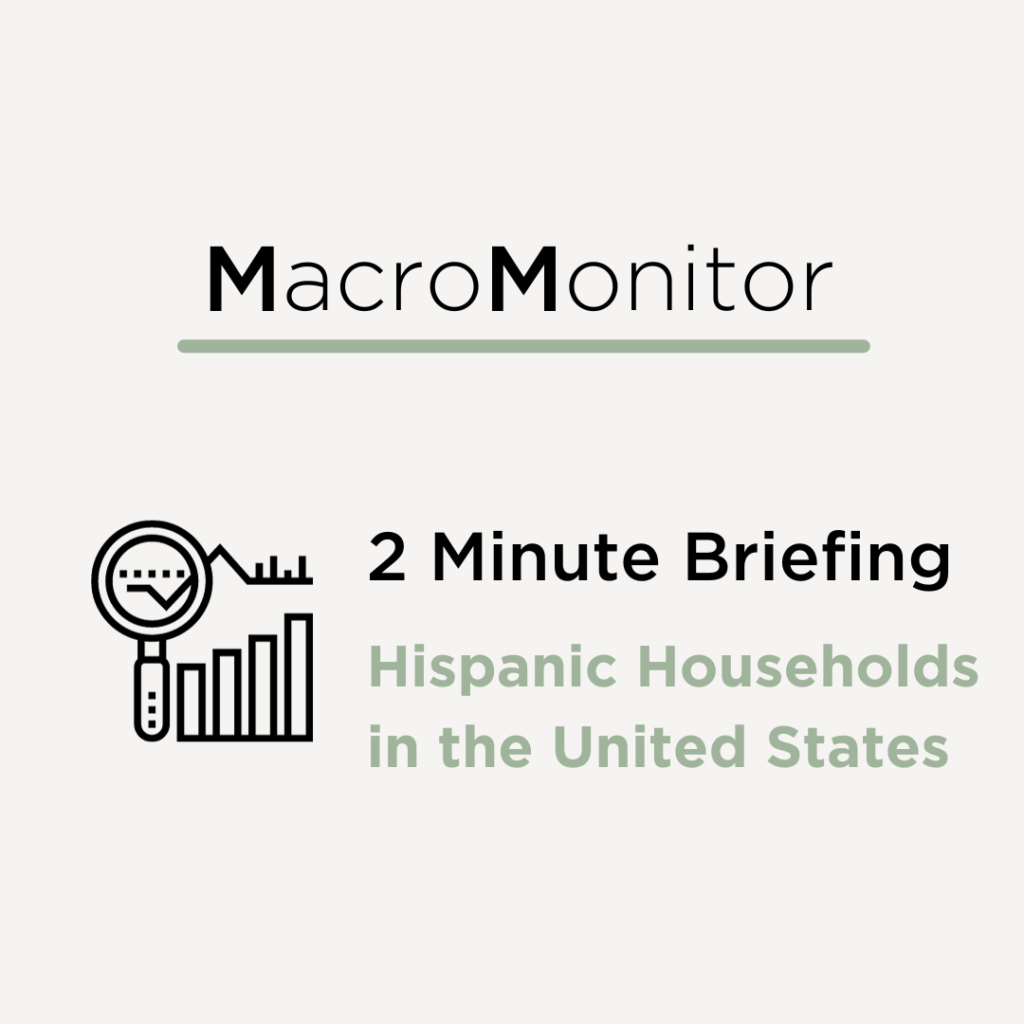













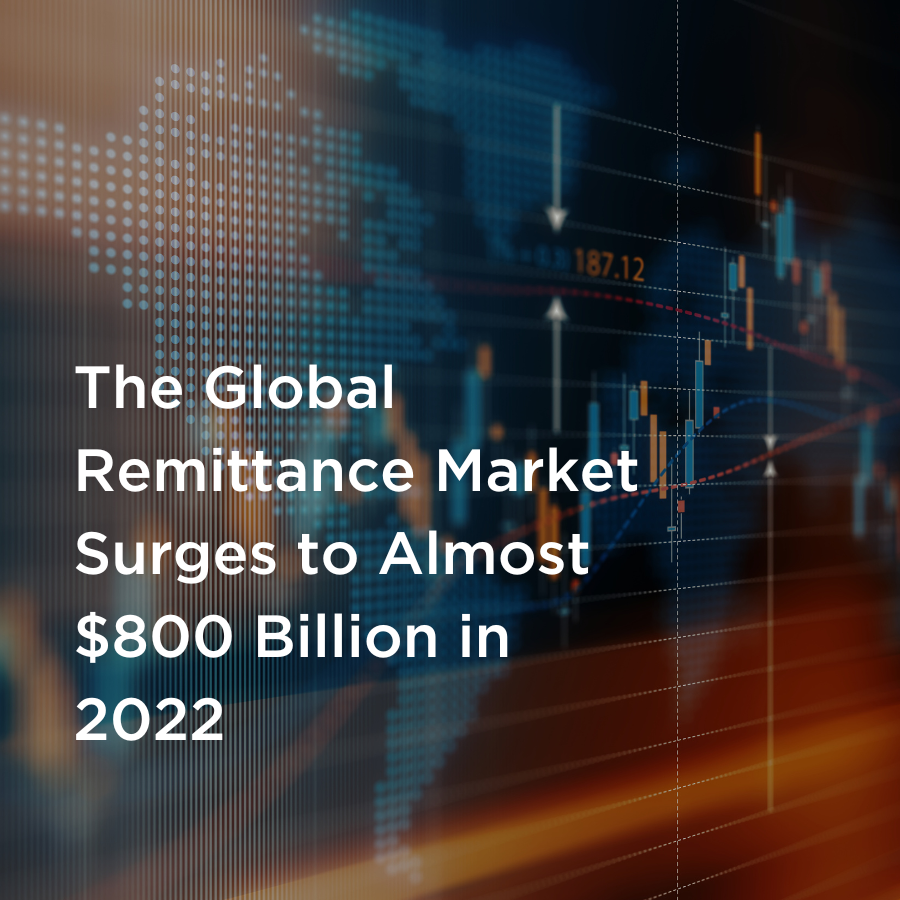

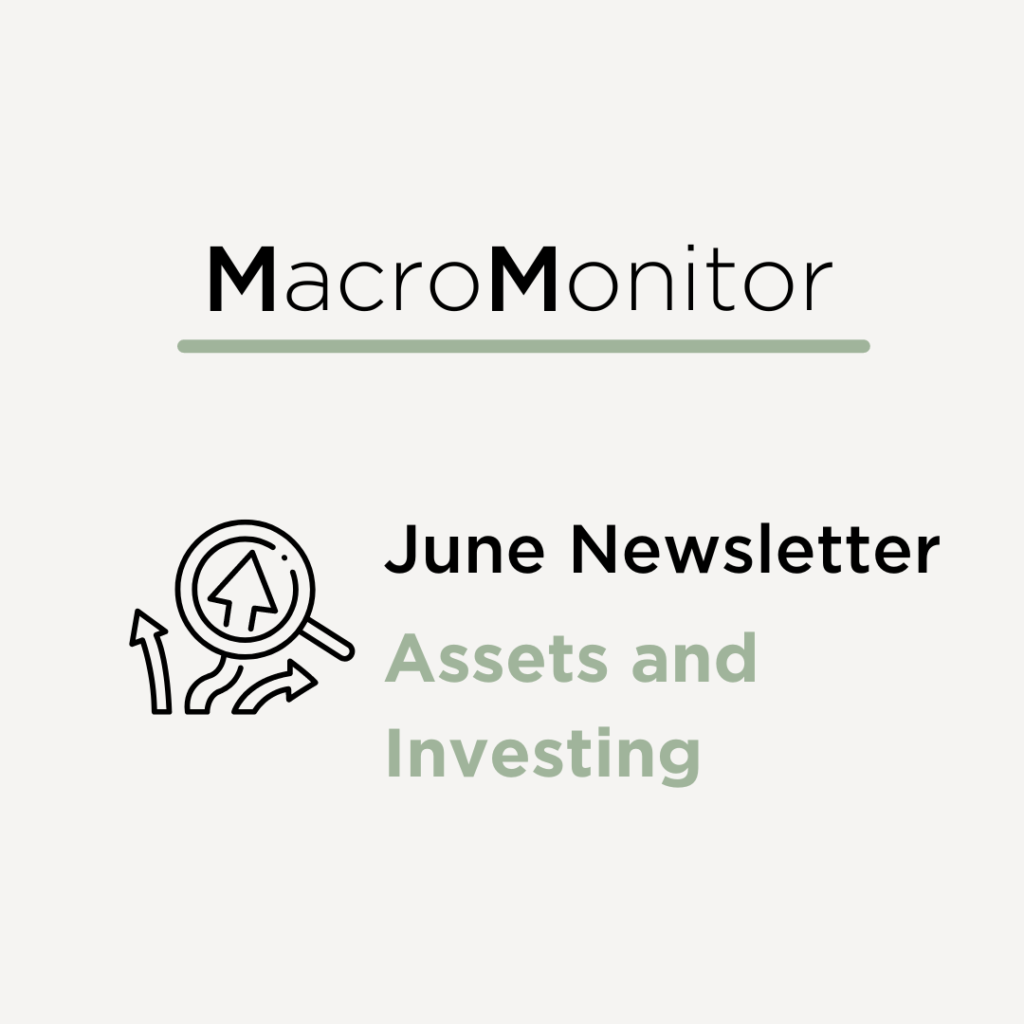



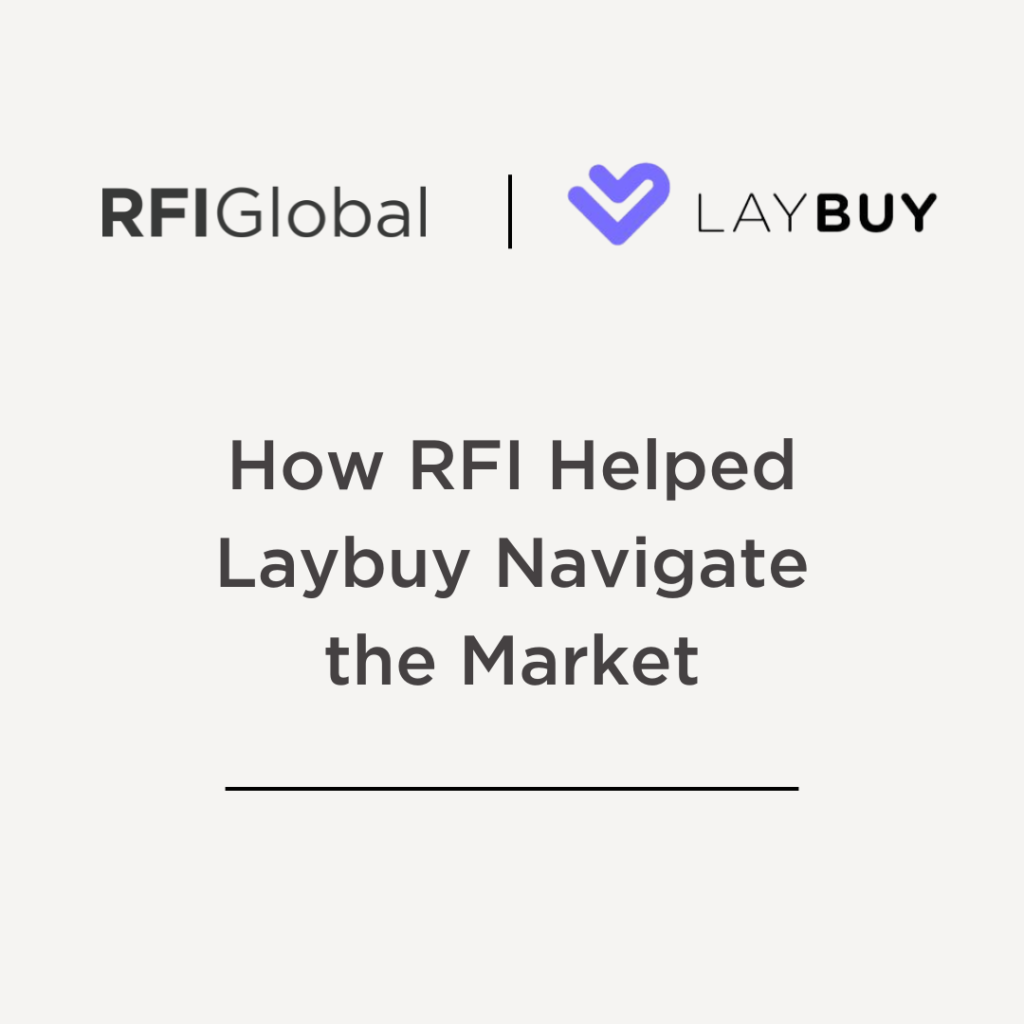
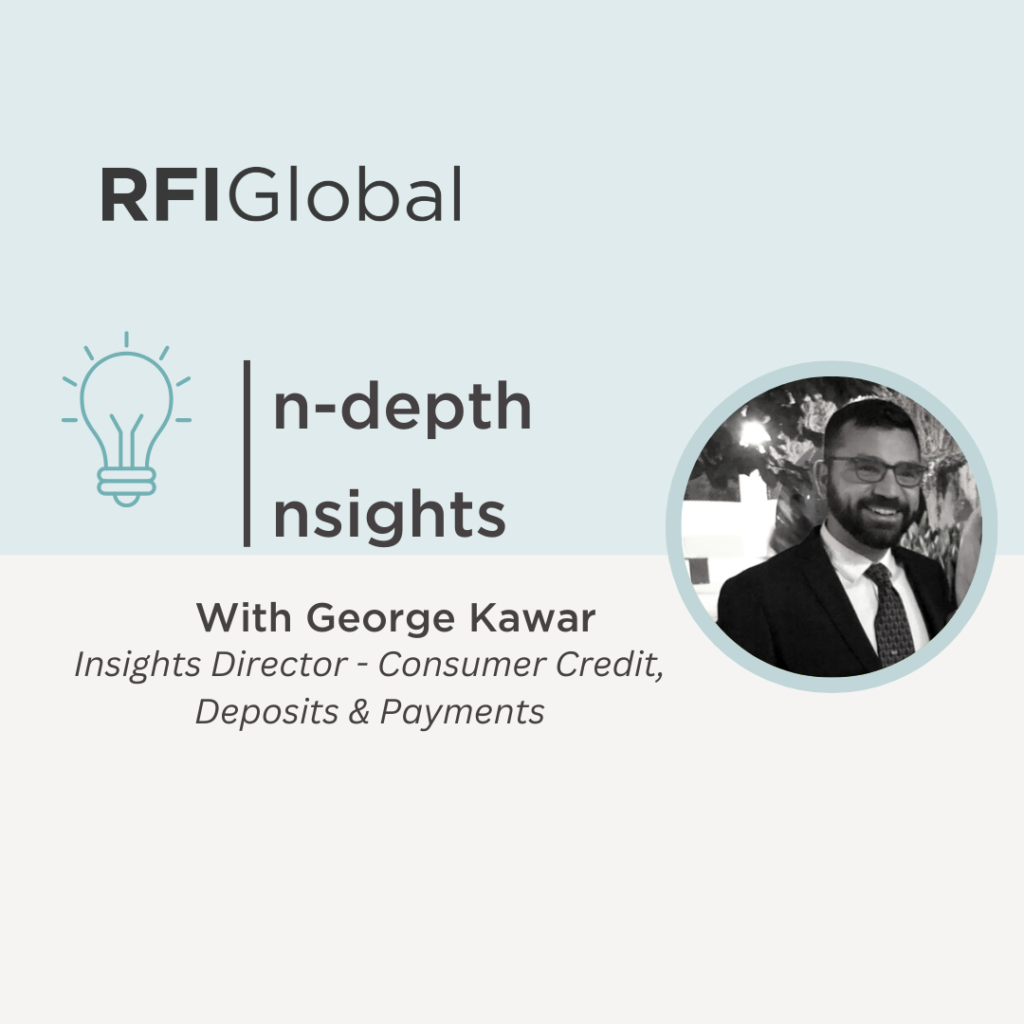


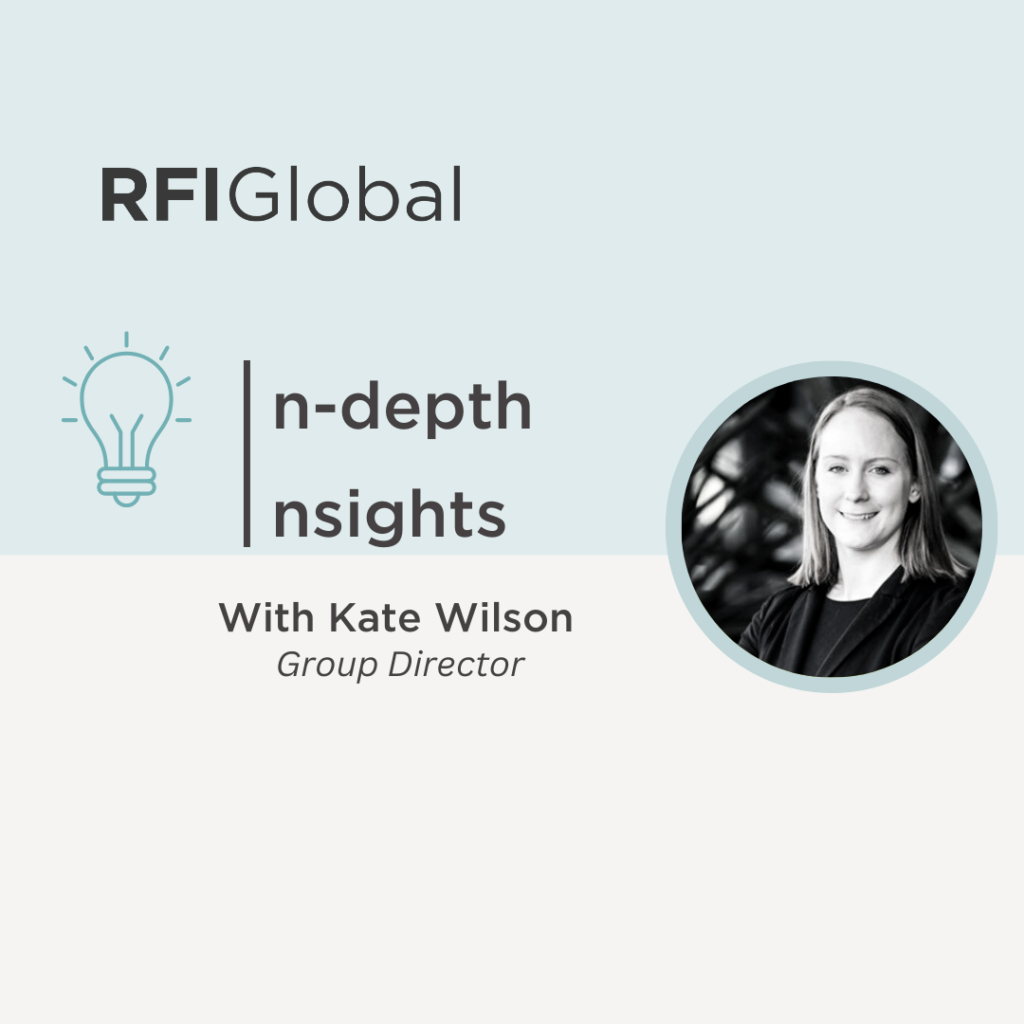

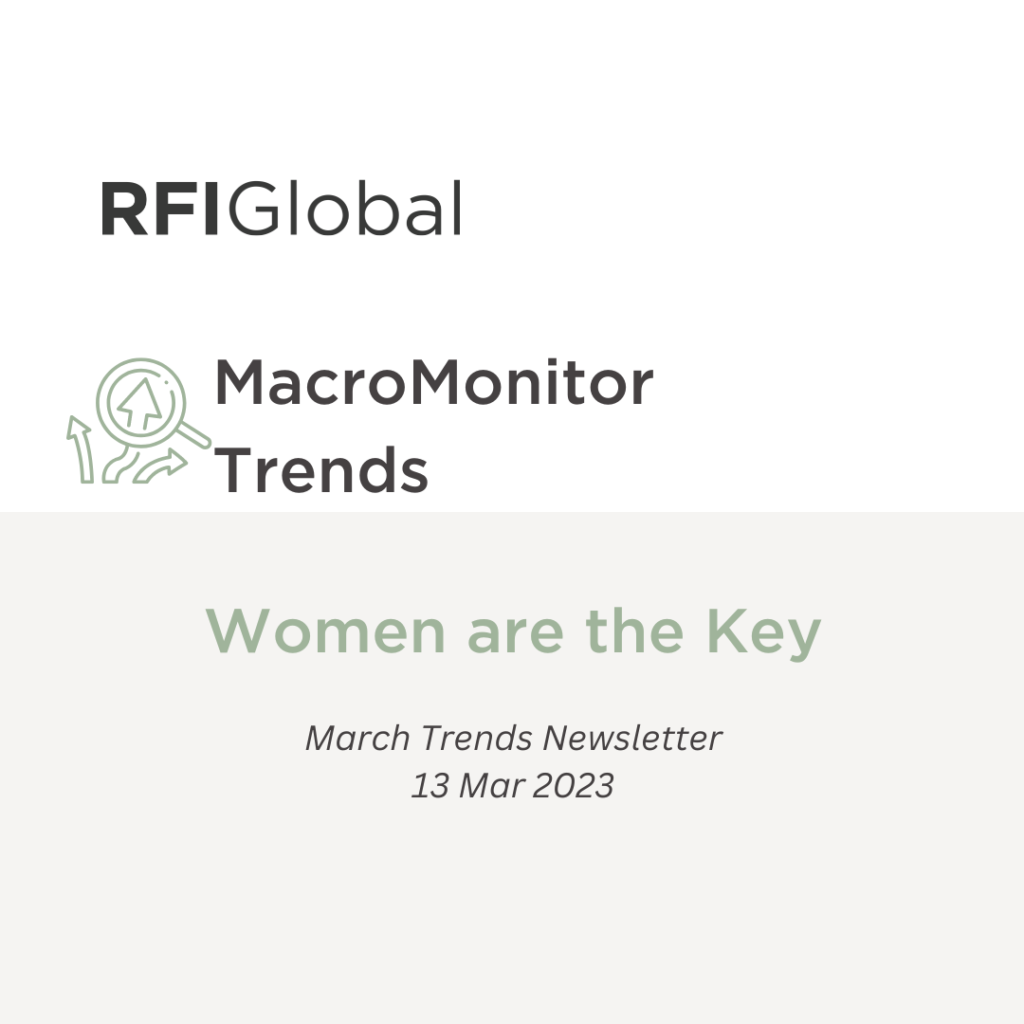


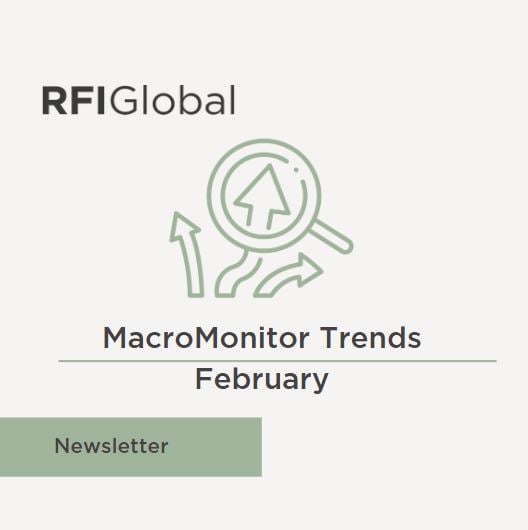


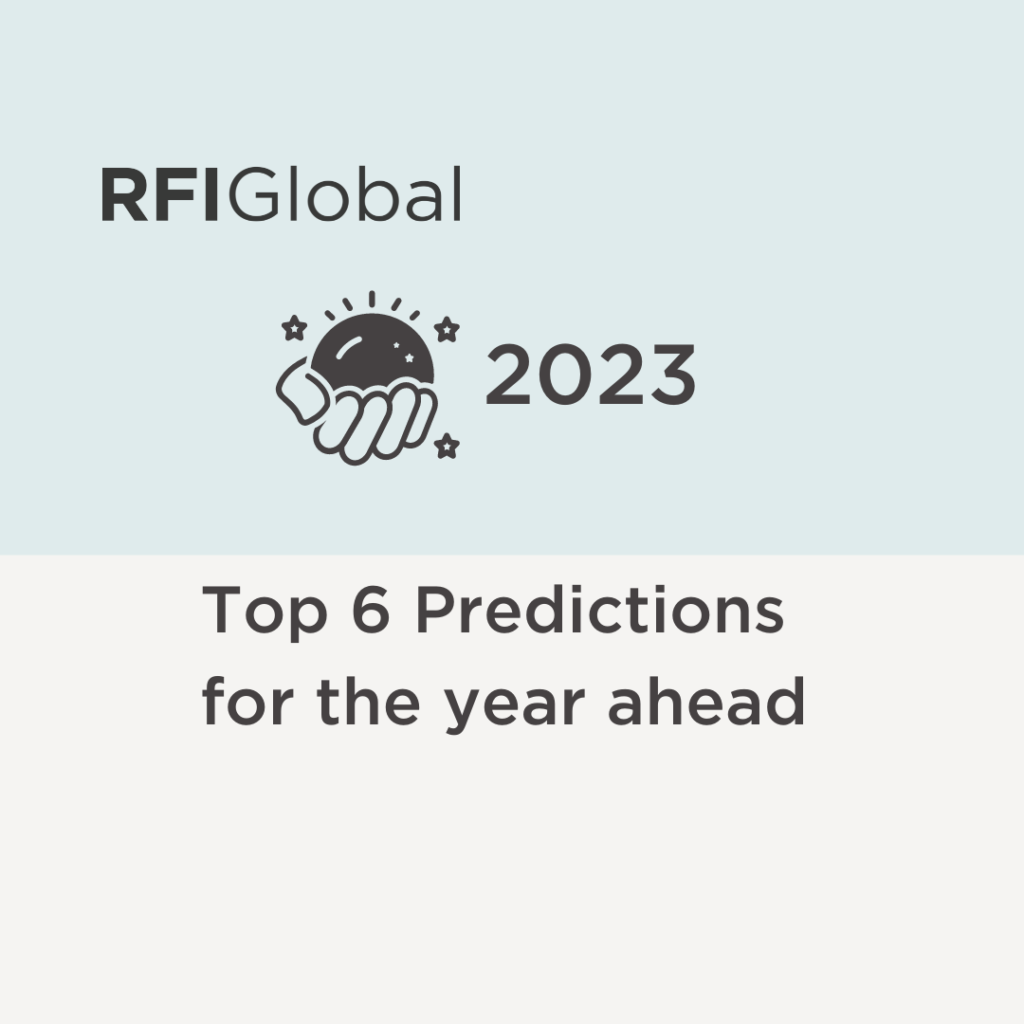
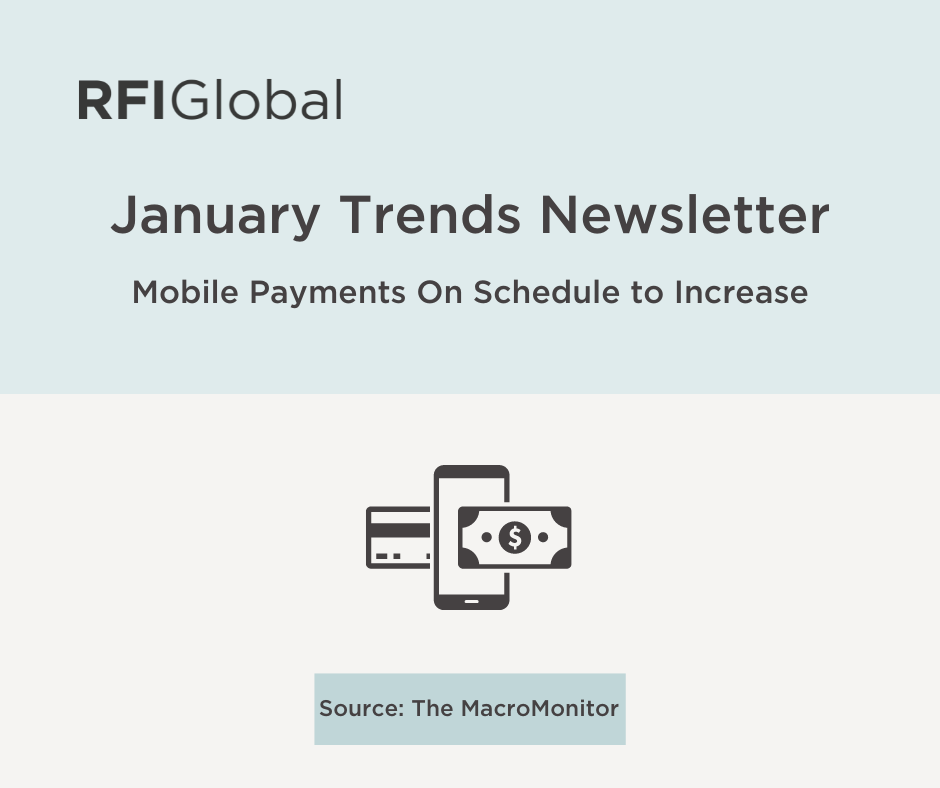















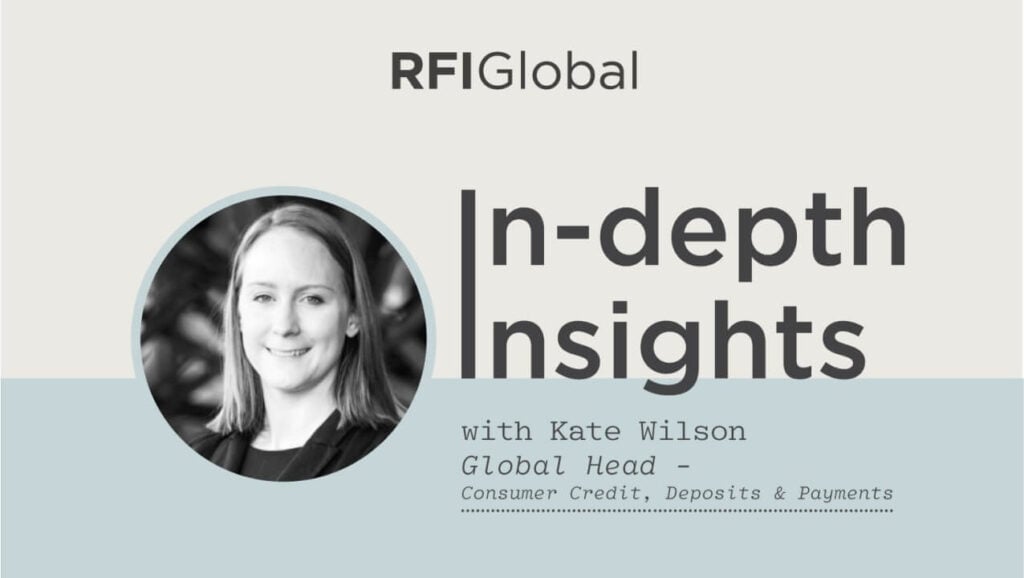










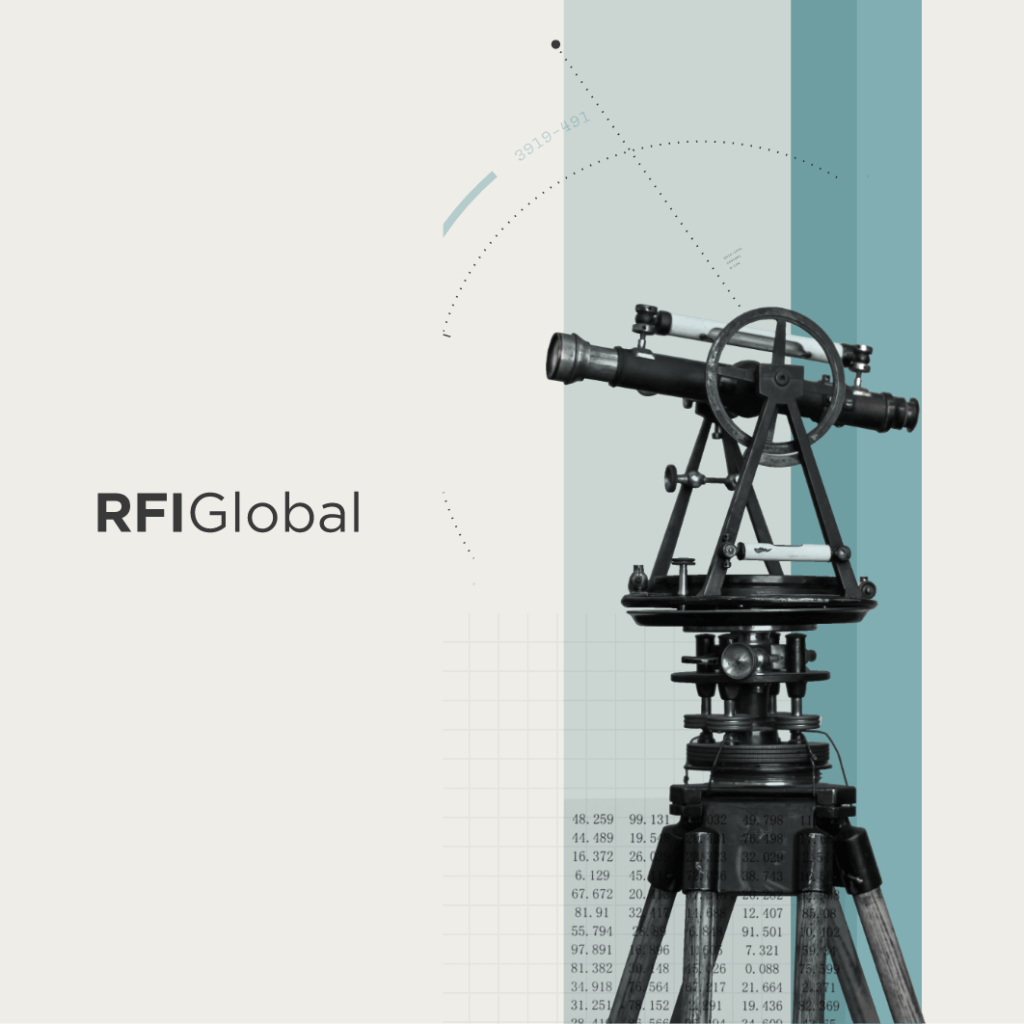


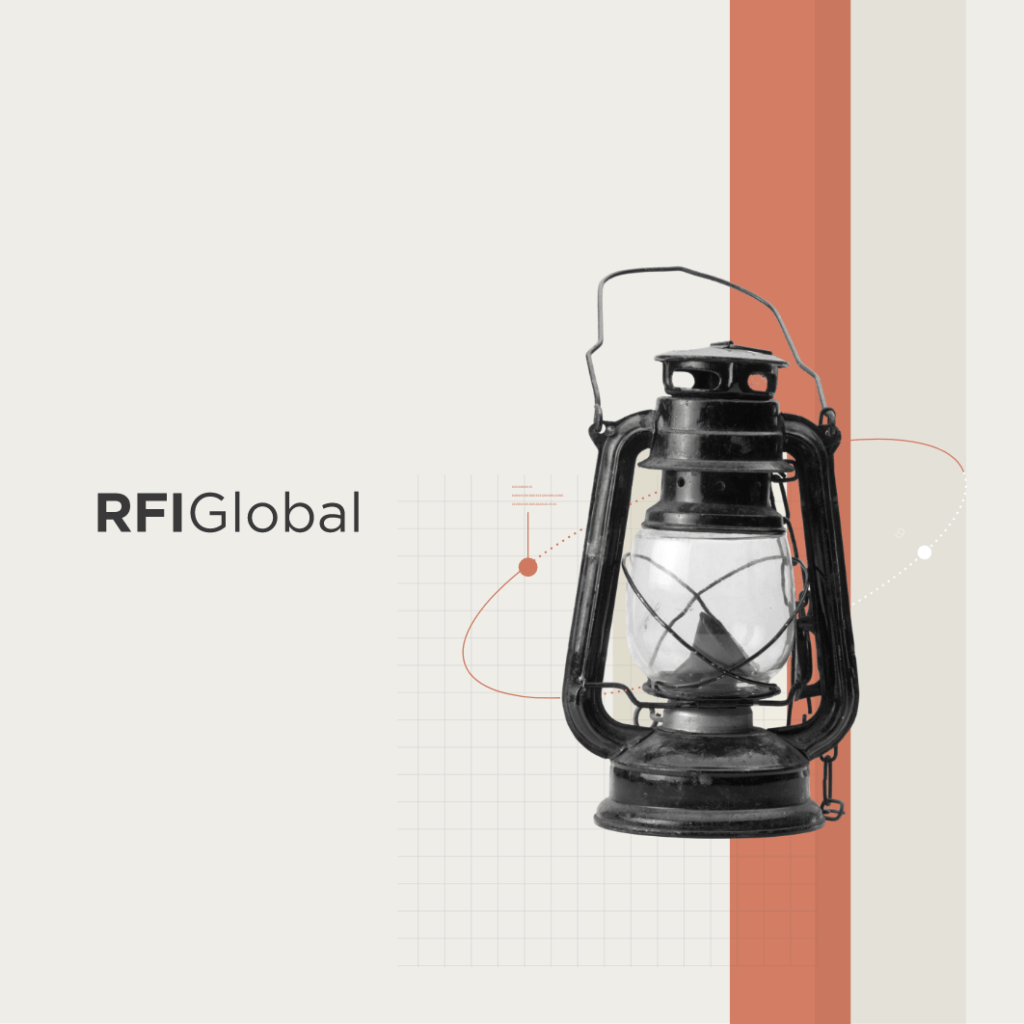
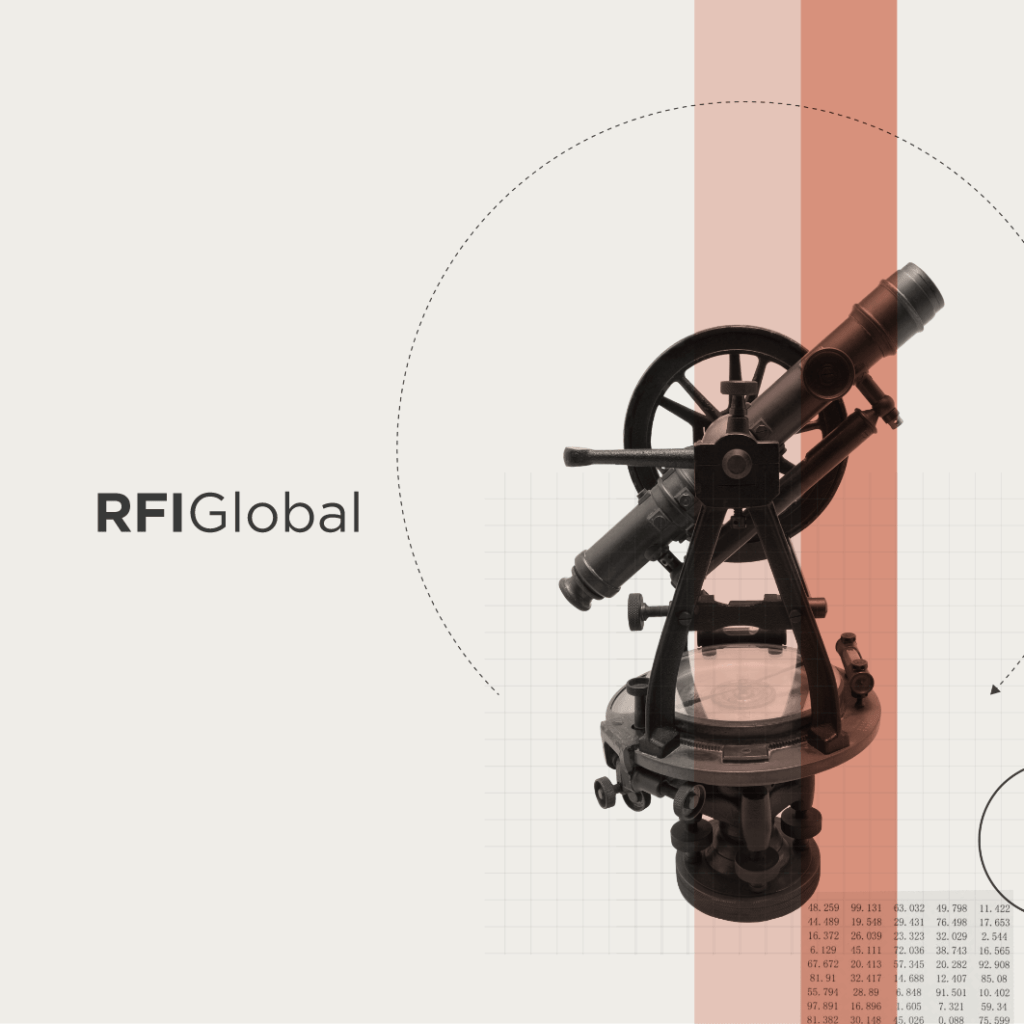
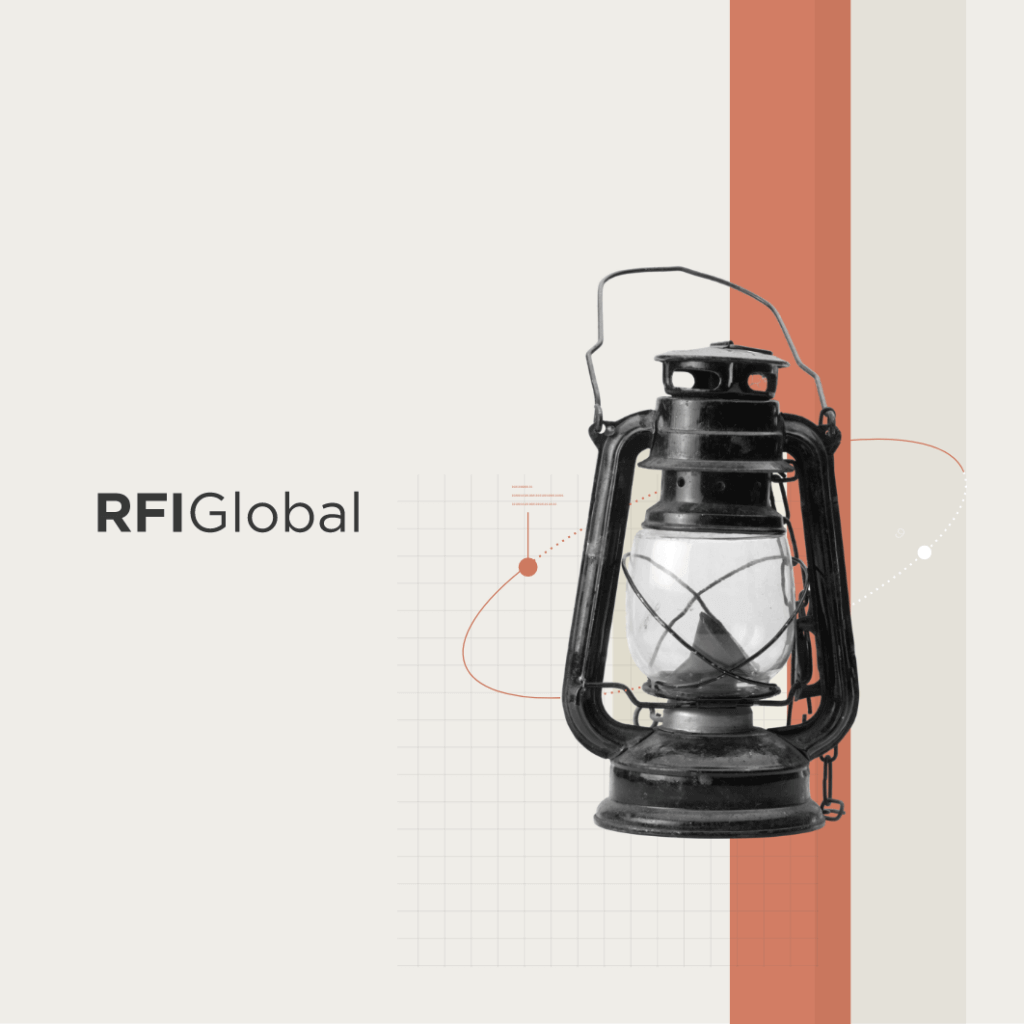
/NQA-ISO-27001-Logo-UKAS.jpg)